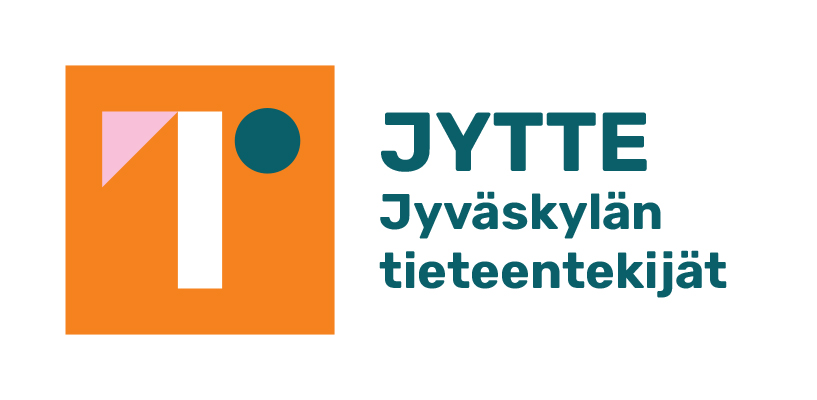A researcher or a member of the teaching staff who conducts research must travel – sometimes a lot. However, travelling needs money and in the era of shoestring budgets and constant cuts, not enough of it is always available. Here are several general rules regarding travel funding that apply to everyone who need to travel as employees of the university.
The nature of academic work crystallises in the production of new knowledge, that is, in research. While conducted mostly in offices and libraries as well as on living room sofas, from time to time research needs presenting in scientific conferences both nationally and internationally. Audiences also expect to be told of new results in seminars, symposia, and colloquia. Sometimes a researcher is invited to lecture in other educational institutions or to offer expert opinions for the media, the parliament, sector research institutes, or other institutions.
In other words, a researcher or a member of the teaching staff who conducts research must travel – sometimes a lot. However, travelling needs money and in the era of shoestring budgets and constant cuts, not enough of it is always available. Listening to local, national, and international researchers one sometimes learns about peculiar cases where researchers have ended up paying for essential work-related travel out of their own pockets. In what follows, I will give present several general rules regarding travel funding that apply to everyone who need to travel as employees of the university.
The organisation or institution that invites you to lecture or speak about your research is always responsible for covering your travel costs, expenses (the per diem allowance), and lecturing fees. For example, the media company inviting you to visit the capital for an interview on breakfast television must always cover your travel costs – you should never travel at your own expense. Educational and other institutions are always responsible for paying reasonable fees in addition to travel costs. Akava is one source for general guidelines regarding such fees: https://www.akava.fi/tyoelama/tyossa/palkat/palkkiosuositukset (in Finnish).
Travel expenses must also be covered when a researcher or a teacher is dispatched by his or her employer. An employee is dispatched when the travel plan for a business trip is approved by the head of the department. For example, the university must cover the expenses of national and international conference trips. This includes all travel expenses (taxis when needed, public transport, trains, buses, boats, ferries, aeroplanes, hotels, etc.), conference fees, and the per diem expenses. The person travelling is also entitled to receive advance payments to cover travel costs.
All too often one hears university employees tell stories of how their expenses have not been covered by the university. The justifications offered by the university range from the lack of money to the tradition of not covering expenses. Nevertheless, no traveller should accept these explanations, as the per diem expenses are regulated by Section 10 of the General Collective Agreement for Universities. The document is worth reading and can be presented to the representative of the employer if there is any kind of confusion regarding the issue. Managers should never suggest that employees forgo the allowance as this is against the agreement. The amount of expenses covered is however adjustable. For example, when the trip is longer than 14 days, usually only 30% of the per diem rate is paid.
The position of a grant-financed researcher is more complicated than that of an employee. A grant-financed researcher should of course also receive enough travel funds to cover the expenses of business trips needed to present and develop their research. Foundations offer funds for travel expenses and a travel plan often the main funding application may include a travel plan. Departments should set aside a sufficient amount of travel funds that their grant-financed researchers can apply for throughout the year, so that all members of the scientific community are equally able to partake in scientific activity. Members of Jytte should bear in mind that applying for Jytte grant is highly recommended, especially when they are either unemployed or grant-financed.
Finally, we should pay attention to two regrettable phenomena that are all too common in our university and show that faculties and departments have varying practices regarding the payment and amount of travel funds. First, regulations laid out in the General Collective Agreement cover, in principle, every trip conducted by all employees of the university – including those who work on specific projects. Project-based funding, just like permanent employment, is not a reason for the university not to cover, say, expenses. Secondly, different faculties and departments seem to have vastly different amounts of funds at their disposal. Certain departments seem to be able to fund any requests, while others are unable to fund conference trips that are an essential part of basic academic work. Stories have surfaced of departments lacking the funds to cover the costs of their professors’ unassuming business trips to Helsinki.
The university must ensure that in their 2018 budget, all members of the teaching and research staff have an equal opportunity to advance their scientific career by participating in both national and international scientific activity. If a certain discipline is repeatedly left without sufficient travel funds, its scientific development and funding are at stake. This sort of politics of atrophy should be avoided, meaning that both fairness and impartiality are important when travel funds are allocated. All university employees should also bear in mind that research, teaching, and the related travel is work, not just vocation.
Mikko Jakonen,
Chair of Jytte,
